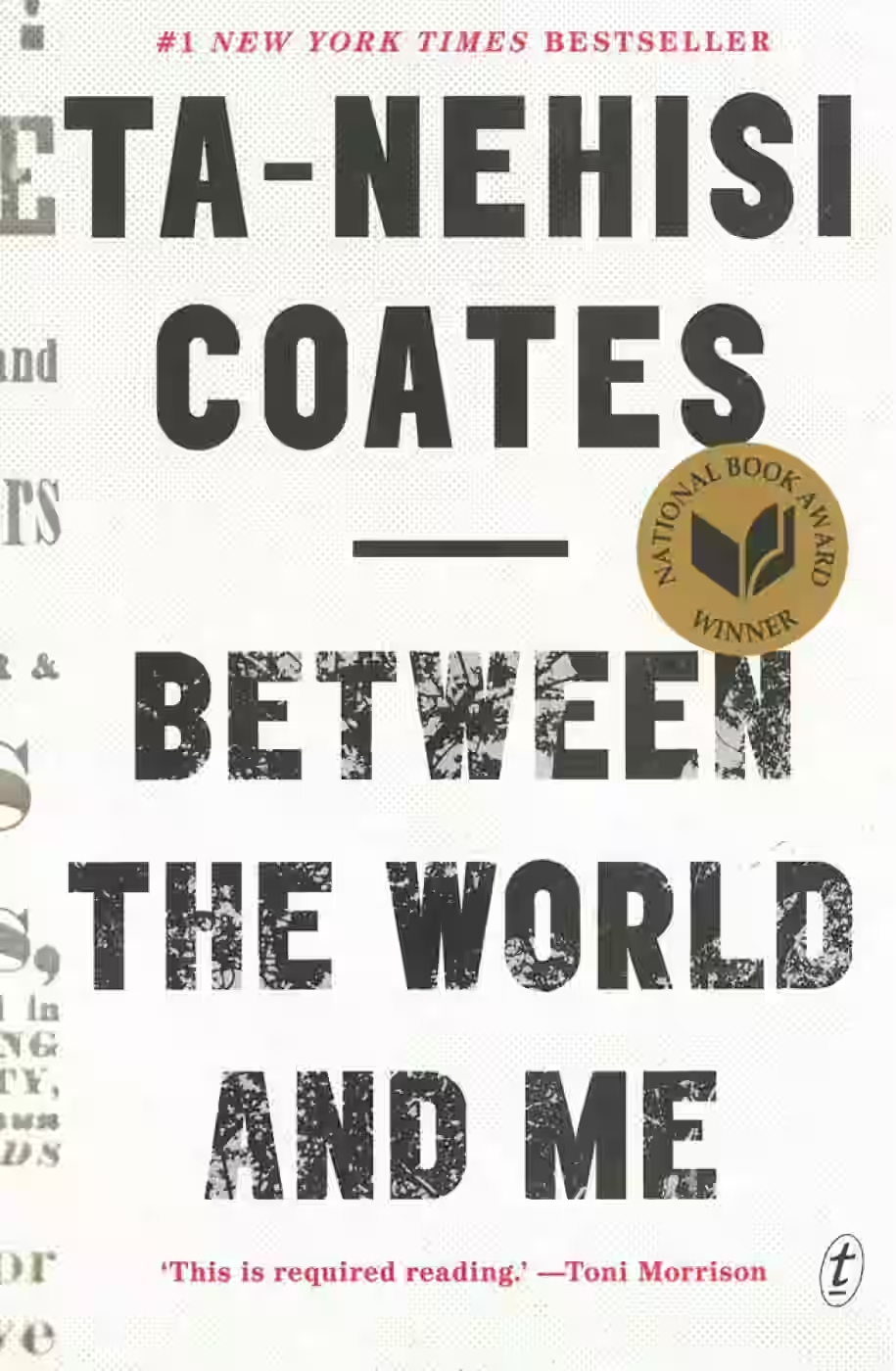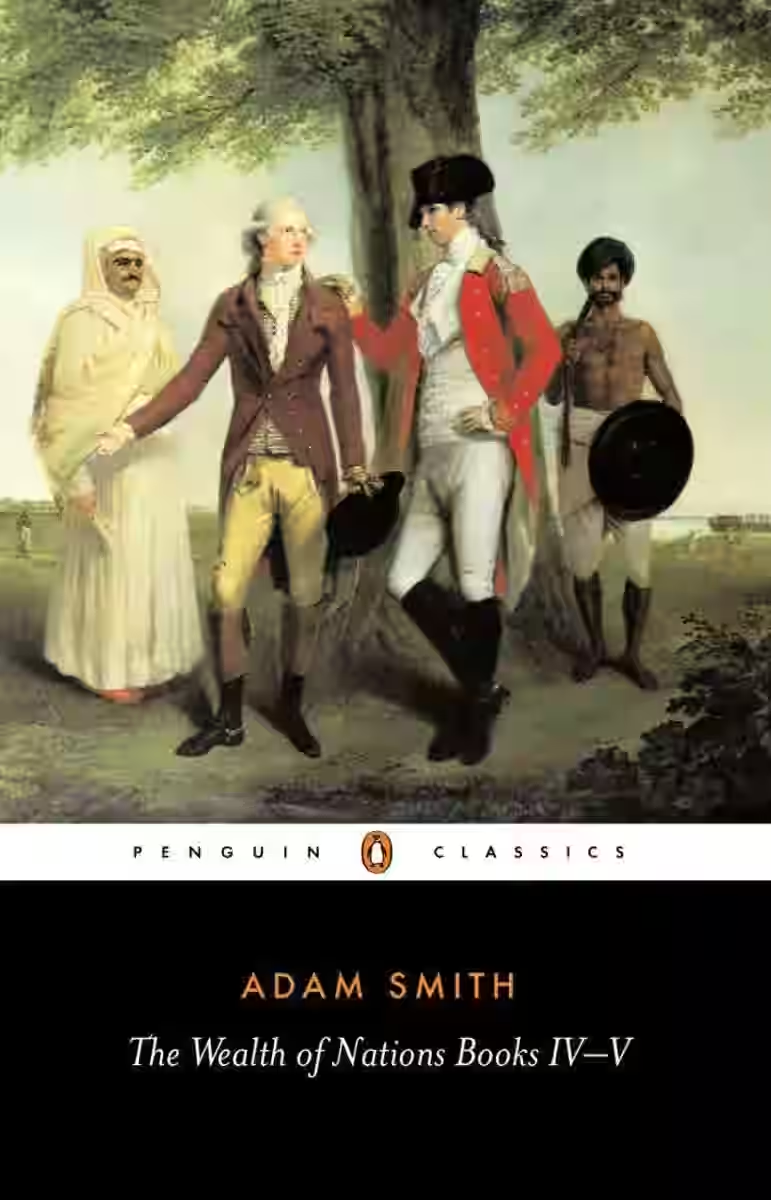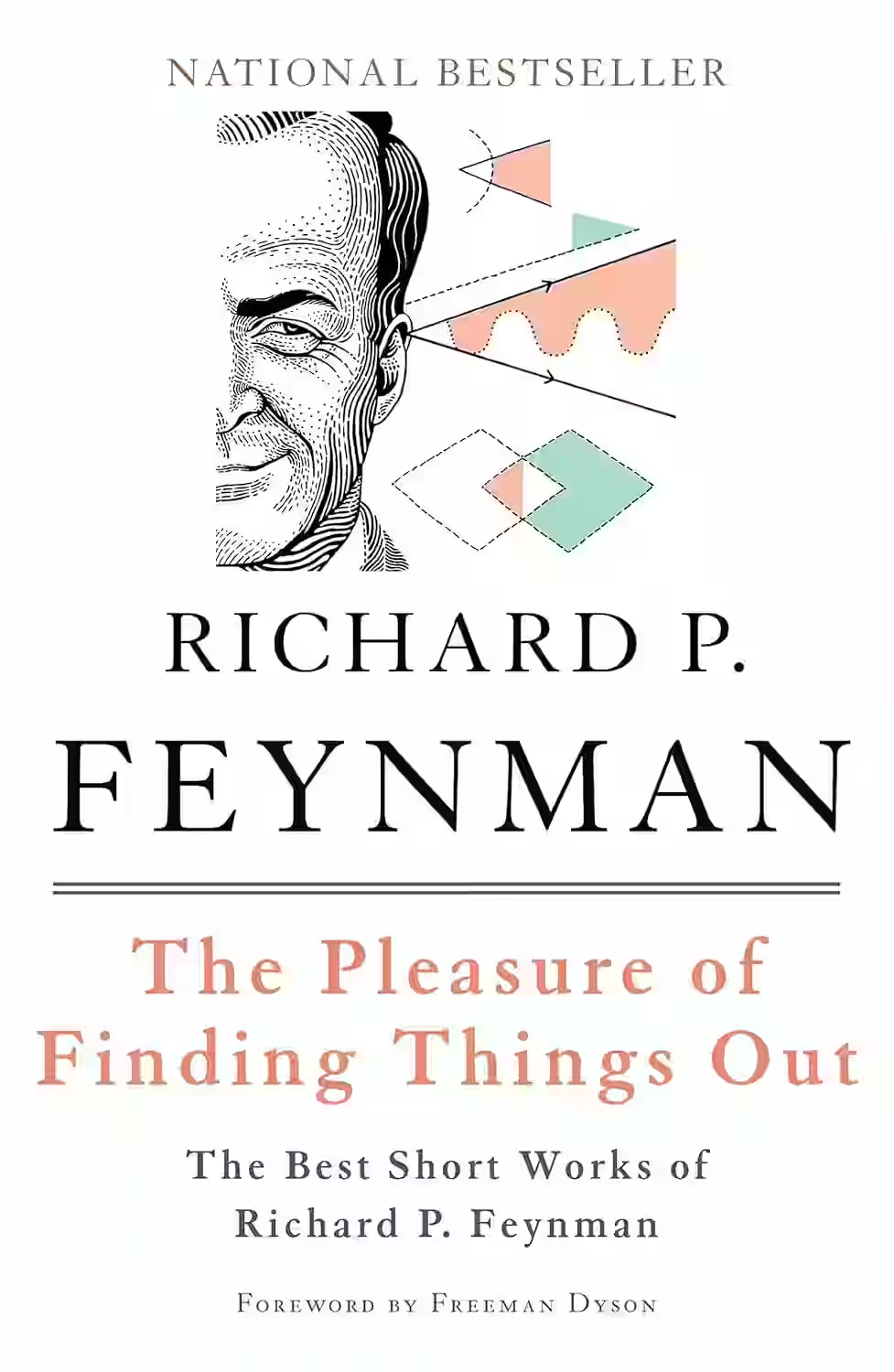
In this landmark work, James Baldwin delivers two searing essays on race, religion, and the Black experience in America. Written as a letter to his nephew and a reflection on his own spiritual journey, Baldwin confronts the deep-rooted legacy of racism and the urgency of racial justice. His prose is poetic and unflinching, blending personal narrative with philosophical insight. Published in 1963, The Fire Next Time remains a powerful and prescient call for empathy, change, and truth. Baldwin’s voice, both intimate and prophetic, continues to resonate in conversations about civil rights and America's unfinished struggle for equality.
About James Baldwin
James Baldwin was an American writer, essayist, and civil rights activist whose works explored race, sexuality, and identity in 20th-century America. Born in 1924 in Harlem, Baldwin became a powerful voice for social justice through his essays, novels, and speeches. His eloquence, intellect, and moral clarity made him one of the most influential literary figures of his time. Notable works include Go Tell It on the Mountain, Giovanni’s Room, and The Fire Next Time. Baldwin lived much of his life in France, where he found creative freedom, but remained deeply engaged with the American civil rights struggle until his death in 1987.
Similar Books

Between the World and Me
Presented as a letter to his teenage son, Ta-Nehisi Coates's Between the World and Me is a profound meditation on race, history, and identity in America. Drawing from his own experiences as a Black man, Coates examines the legacy of systemic racism, police violence, and the illusion of the American Dream. Inspired by Baldwin yet distinctly contemporary, the book offers a deeply personal and unflinching account of what it means to live in a Black body. With lyrical prose and intellectual rigor, Coates compels readers to confront uncomfortable truths and reconsider notions of privilege, safety, and belonging.

Losing the Long Game
In 'Losing the Long Game' by Philip H. Gordon, the author delves into the complex foreign policy decisions of the Obama administration and explores how strategic missteps led to America's diminished global influence. Gordon critiques the administration's handling of critical issues such as the Syrian civil war, tensions with Russia, and the Iran nuclear deal. He argues that a lack of cohesive long-term strategy eroded American credibility on the world stage. Through insightful analysis and behind-the-scenes anecdotes, Gordon prompts readers to reflect on the implications of short-term thinking in international relations. This thought-provoking book offers a valuable perspective on the challenges of maintaining global leadership.

The Wealth of Nations: Books IV-V
by Adam Smith
Series: The Wealth of Nations (#2)
Books IV–V of The Wealth of Nations critique existing economic policies and propose a framework for limited but essential government intervention. In Book IV, Smith dissects the mercantile system, rejecting trade restrictions and monopolies while advocating for free trade. He critiques colonialism and tariffs, favoring open markets. Book V addresses the role of the state in education, justice, defense, and infrastructure—functions Smith sees as necessary for a stable, prosperous society. These volumes balance his case for laissez-faire economics with the need for public investment, rounding out his vision of a functional, ethical, and productive political economy.

The Pleasure of Finding Things Out
This collection celebrates the remarkable achievements of Nobel Prize-winning scientist Richard P. Feynman, whose work profoundly reshaped our understanding of quantum electrodynamics. "The Pleasure of Finding Things Out" is a magnificent compilation of Feynman's finest short works, encompassing interviews, speeches, lectures, and articles. Offering an intimate and captivating glimpse into an extraordinary life dedicated to science, this wide-ranging treasury explores Feynman's thoughts on science in culture and includes his insightful Nobel Prize acceptance speech. It's a fascinating read for anyone intrigued by the power of ideas and the scientific mind.